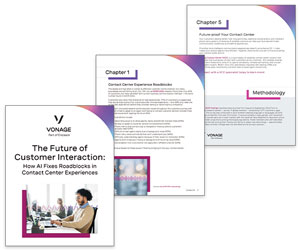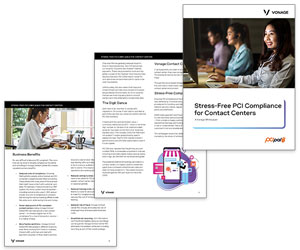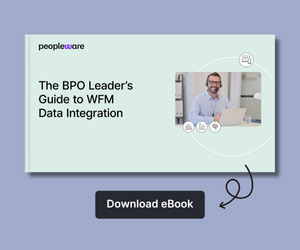Chris Bucholtz of NewVoiceMedia discusses the growing importance of having a local number when making an outbound call.
In the not-very-distant past, when the phone rang you felt compelled to pick it up – the identity of the person on the other end of the call was a mystery and the only way to solve it was to answer and say hello.
But, as in the case of things like the MP3 player (and the Walkman, and the 8-track tape), the way we interact with technology has been altered by advances in the technology itself.
Today thanks to caller ID, we get clues about who’s on the other end of every call and can decide whether to pick up the phone or not.
That’s useful when you’re at home and would rather not deal with turning down the local police fraternal society’s crab feed, or would like to avoid having to make excuses to the Red Cross about why you can’t schedule a blood donation. It’s not useful when you’re an inside sales manager and your prospects are screening you out of your job.
How do you deal with this all-too-understandable tendency to use caller ID to avoid sales calls? One major factor people employ in screening calls is the number itself. So one strategy is to associate a local number with the call – a technique called, somewhat contradictorily, local presence.
An 800 number or an area code across the country is unlikely to be something of interest. But a call from the same area code starts to put the recipient back into the mindset of that long-gone mystery: who is that on the other end of the call?
Research by software comparison site Software Advice found that people are four times more likely to pick up the phone when a call comes from a local area code.
Only seven percent of people said they were likely to pick up a call from an unknown caller with a toll-free area code. When that call has a local area code, that number rebounds to 27.5 percent.
Once the call’s been picked up, the realisation that the call is not in fact local can impact the call outcome, positively or negatively.
The same research found that 41 percent of people said they’d be less likely to do business with the calling company when they found out they were not local. Another 17 percent said it would have no impact on that decision, and another 40 percent say they were not sure how they would react.
Clearly, once the receiver’s been picked up, the content of the call – how pertinent it is to the recipient, how effective the representative is, how much the rep knows about the recipient, and so on – is what determines its ultimate success.
Local presence is not a cure-all, but it can open the door at a much greater rate and give your reps more opportunities to apply their skills.
Author: Robyn Coppell
Published On: 2nd May 2019
Read more about - Guest Blogs, Vonage









































